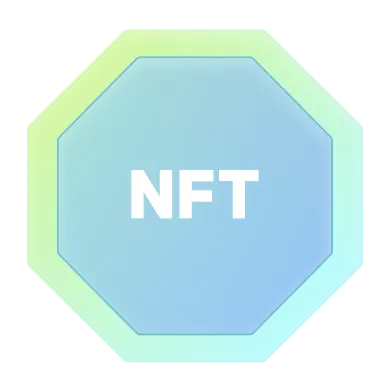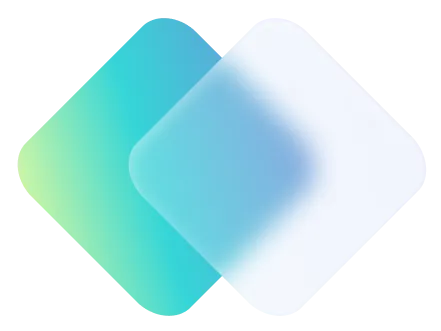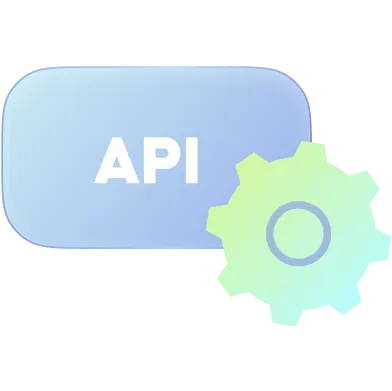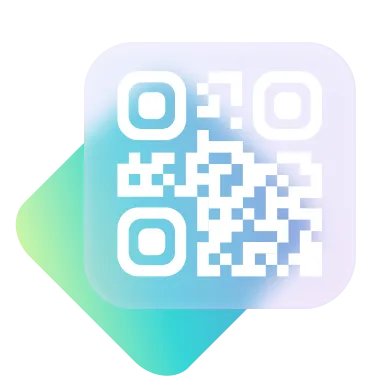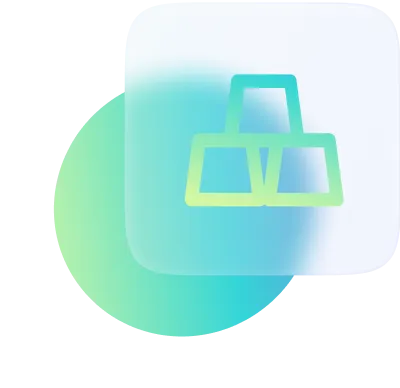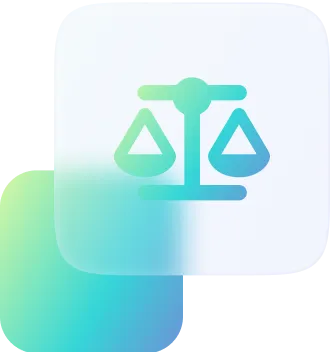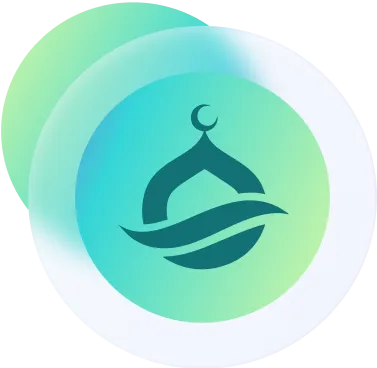The global crypto market is growing fast, but a significant part of the world’s population is still being left out, especially those seeking ethical alternatives aligned with Islamic finance principles.
But why?
Despite all the innovation in crypto and the rise of sleek financial apps, 1.8 billion Muslims and faith-driven individuals around the world still struggle to enter the crypto market for investment, trading, and other services. At the least, they can’t even access basic financial services. And when we looked closely at why, one issue stood out clearly:
Most of today’s financial systems, both traditional and modern don’t comply with Islamic finance principles.
For us at Caiz, this isn’t just a small gap. It’s a huge disconnect. While the crypto’s underlying technology stands for inclusion and financial freedom, millions of people are excluded simply because the system doesn’t align with their values.
And yet, the demand is louder than ever. The Islamic finance market is on track to reach $7.7 trillion by 2033, growing at a CAGR of 12% from 2024. That’s not just a number, it’s a clear signal that the world needs more Sharia-compliant platforms, apps, and ecosystems.
It’s clear what needs to change.
The current crypto space is crowded with thousands of projects, most built for hype, not people. Many of them overlook the real needs of communities, especially those that follow ethical or faith-based finance.
For Muslims, financial choices are guided by Islamic principles. That means any system they participate in must comply with Sharia. Here are some key rules:
- No riba (interest): Paying or receiving interest is strictly forbidden in Islam.
- Real-asset backing: Any cryptocurrency used for investment or trading must have actual value. That means it should be utility-based and not speculative, since maysir (gambling) and gharar (excessive uncertainty) are also prohibited.
- Ethical alignment: The crypto or trading activity must not be linked to anything considered haram (forbidden/prohibited), such as gambling, alcohol, or unethical business practices.
If a crypto product or trading platform is free from these prohibitions, it opens the door for Muslims to confidently step into modern finance without compromising their beliefs.
Why Spot-Only Trading Makes Sense Here
As mentioned earlier, Islamic finance prohibits speculation (gharar), interest (riba), and gambling (maysir). Yet, most trading platforms today are built around these very elements through derivatives, leveraged positions, and interest-based services.
This is where spot-only trading makes a real difference because it’s based on real-time transactions, not on future value or future contracts.
In spot trading, you’re buying or selling an asset at its current market price, with actual ownership exchanged immediately. There’s no betting on future prices, no borrowing with interest, and no unnecessary complexity. It’s direct, asset-backed, and value-driven, aligning closely with the principles of Islamic finance.
Here’s how spot trading naturally fits within Islamic finance principles
- Transparent pricing: The prices shown are the actual market prices. This clarity helps Muslims avoid unfair profits, price manipulation, or hidden fees, promoting honest trade.
- Immediate ownership: Traders receive their digital assets right away, avoiding the risk and uncertainty tied to futures or leveraged trading and this supports fairness and accountability.
- Fast and clean transactions: Once a trade is executed, the crypto is instantly transferred to the trader’s wallet. Spot only trading is open and direct which reflects Islamic values that emphasize ethical, fair exchange without hidden mechanisms.
We believe spot-only crypto trading creates a meaningful way for over 1.8 billion faith-driven individuals to engage in the growing crypto economy — without compromising what they believe in.
Looking Ahead with Purpose
We understand what’s keeping many Muslims from stepping into crypto trading and investment even with countless platforms available today. At Caiz, we support financial tools and systems that are built for everyone and truly reflect the needs and values of this community.
Here’s what we stand for:
- Platforms that are ethically built, with guidance from scholars and experts
- Transparent listing of Sharia-compliant and value-aligned projects
- A clear focus on spot-only trading that aligns with Islamic principles
- Using blockchain and Islamic finance together to bring real financial inclusion
- Fair pricing, honest trade, and the exclusion of interest, high-risk speculation, or anything that feels unjust.
Because finance should be fair. And access shouldn’t come at the cost of values.
Inclusion isn’t just a feature. It’s a responsibility.
At Caiz, our goal is simple: to make ethical finance the standard, not the exception. It’s about creating tools people can trust, especially those who’ve been left out for too long.








